- What are the most obvious red flags?
- What are the signs of reliable information?
- During the pandemic, new medical research and data appear every day. How do we know what to trust?
- Are there any useful sources to follow if I want to learn more about medicine?
- Are there any good resources in Russian?
- Can we trust blogs run by doctors? Are there any useful ones?
- Why is it important to be an educated patient and follow medical news?
- What if I’ve found information that contradicts my doctor’s diagnosis?
What are the most obvious red flags?
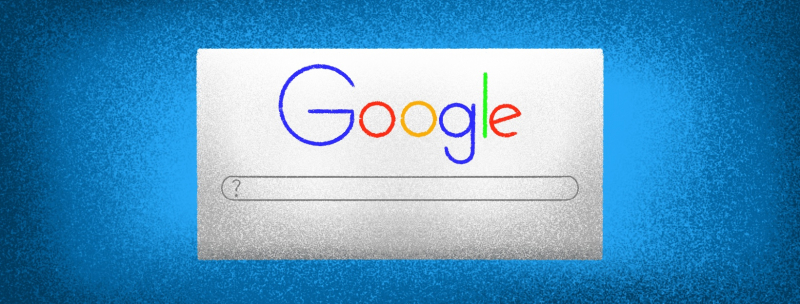
First things first, look at the facts and the way they are presented. It’s not that easy if you don’t have a medical background and aren’t used to dealing with such facts on a daily basis. Oftentimes, you’ll find an article that may be largely truthful and correct. But not entirely. You should avoid texts that, first of all, talk about curing incurable diseases, such as autoimmune ones, especially if they offer to undergo a treatment or buy a medication. Secondly, if they offer to treat patients with a physiotherapy course that includes electrophoresis, mud baths, or acupuncture. Thirdly, if they consider alternative medicine methods such as homeopathy to be legitimate treatment methods.
What are the signs of reliable information?

The first thing to check is whether there are references to back up the statements. However, it doesn’t always work: it’s hard to determine how adequate provided sources are for someone who doesn’t know much about medicine and medical journalism. An author may refer to sources that don’t necessarily prove their statements. A source can likely be trusted if it is included in medical guidelines and recommendations. However, if high-level experts haven’t approved the research, it might be misleading and not proving the stated facts.
During the pandemic, new medical research and data appear every day. How do we know what to trust?
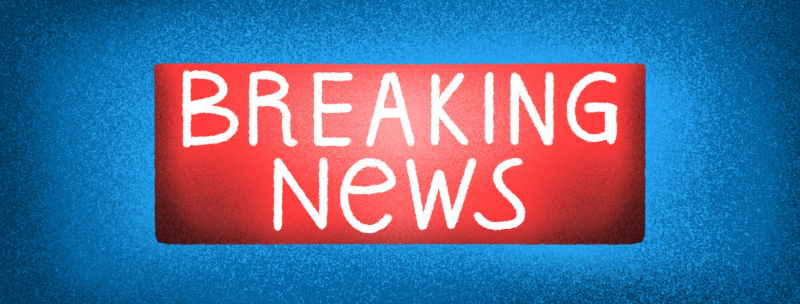
All medical news should be treated cautiously, as even reliable popular science media can sometimes make mistakes. Articles that are popular among the general audience aren’t necessarily included in medical recommendations. Medical news shouldn’t always be trusted wholeheartedly. For example, mass media previously reported that medications used for treatment of cardiovascular diseases worsened symptoms of COVID-19, prompting some people to stop taking them. During the pandemic, there is a lot of new data and specialists can’t always evaluate it straight away. One should focus on international organizations such as the WHO, the CDC (Centers for Disease Control and Prevention), and the NHS (National Health Service). Information provided by these institutions is more reliable than the opinions of individual doctors and experts.
Are there any useful sources to follow if I want to learn more about medicine?

It’s better to google in English, even though it’s not a perfect solution. The best approach is to look for medicine-related information on reliable websites such as NHS, MedlinePlus, and UpToDate. The only problem here is to translate a symptom or disease correctly into English and then back to your native language. For the most part, online translation tools today can cope with such tasks perfectly well, especially if the text isn’t too complex.
Are there any good resources in Russian?

Even if your English isn’t too great, it’s still better to look for information from international sources. Again, online translation tools are of help here. Unfortunately, as of now, there are no reliable resources that provide all necessary information about diseases in Russian. But there are attempts to create such services. For example, the authors of the Guide for Conscious Consumers of Medical Services and Information translate medical recommendations, but you have to pay for subscription in order to get full access. Some clinics try to share medical information in Russia but they do so on social media, so it’s hard to look for it. However, there are several sources that provide great analysis of medical data supported by reliable sources: for example, the medical section of Meduza and the Namochi Mantu Telegram channel. You can find other trustworthy medical sources through keywords on this channel, too.
Can we trust blogs run by doctors? Are there any useful ones?
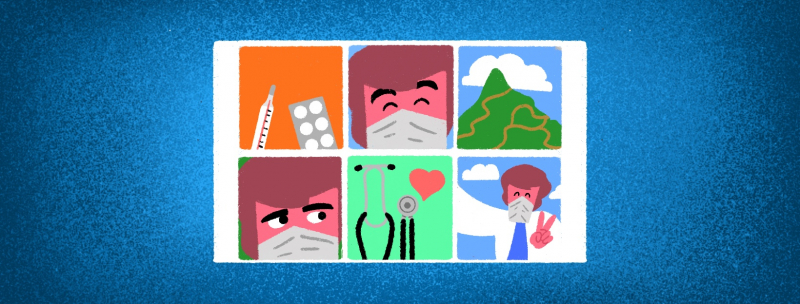
It’s true, these days many great specialists have their own blogs where they share info on evidence-based medicine. However, not all of them can be trusted. Having a medical degree is not proof of professionalism. Moreover, it’s not hard to lie on Instagram by just stating that you have a degree. But even certified medical specialists might support alternative medicine and prescribe useless supplements, or claim that their opinions are the only valid ones. That’s why you should only trust medical blogs that rely on international recommendations and list their sources. There are attempts to create lists of such doctors. For example, doctor Nikita Zhukov has created the EVIDENCE-BASED MEDICINE DOCTORS website. There, you can find doctors who work according to the principles of evidence-based medicine. Some of them run blogs on various topics. There are other useful blogs, too, such as: notes of a pediatrician, allergology for dummies, Rumyantseva_MD (an OB-GYN), and Fediatrix (about pediatrics).
Why is it important to be an educated patient and follow medical news?
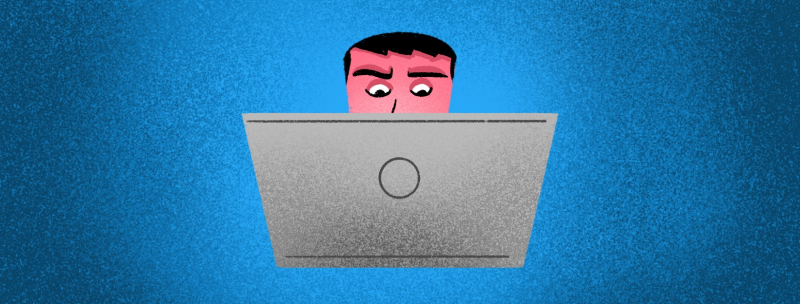
It’s necessary if you would like to improve your quality of life. Diseases don’t always hit unexpectedly. Sometimes people suffer from certain symptoms but can’t figure them out. That’s why it’s important to know which doctor to visit and then follow through on your treatment. It also comes in handy when a problem occurs all of a sudden – for example, eye inflammation. Emergencies make it especially evident how important it is to know how to look for reliable medical information. You shouldn’t self-medicate but still, it’s important to know the basics. The ability to look for information is also useful when your close ones are in need. For example, doctors often tell late-stage cancer patients that neither treatment nor surgery would help, but even in this case you should know that there are other options, too. You can visit another medical center or try to join a clinical trial. The more you know, the more chances you have of beating a diagnosis.
What if I’ve found information that contradicts my doctor’s diagnosis?
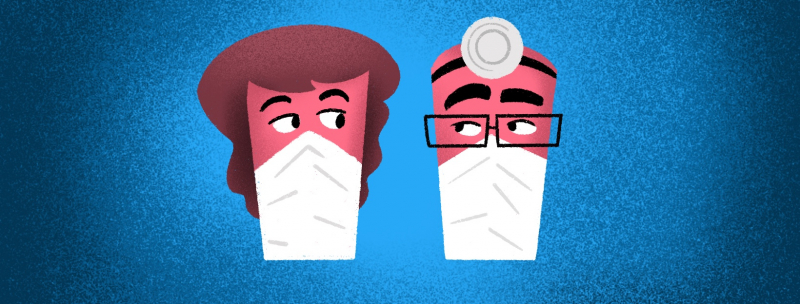
If the information in question is reliable, then it’s better to get a second opinion. If you have a diagnosis, it means that you were examined and there is paperwork which you can show to another doctor. During the pandemic, many specialists consult remotely.
Author: Maria Mosentz, a student at the Science Communication Master's program




